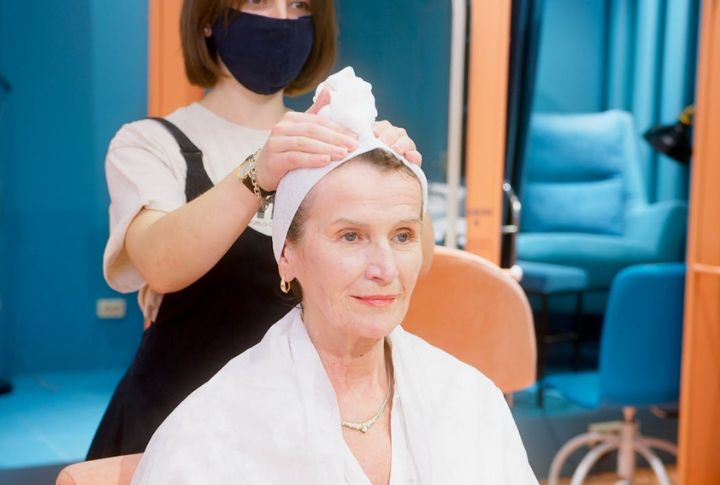
Nobody prepares you for how confusing basic hygiene can become after 65, but dermatologists deal with this question constantly. Your skin, energy levels, and physical abilities all change, making that old bathing routine potentially problematic. Here are ten expert suggestions to help you find the perfect balance between cleanliness and skin health in your later years.
Skin Gets Drier With Age
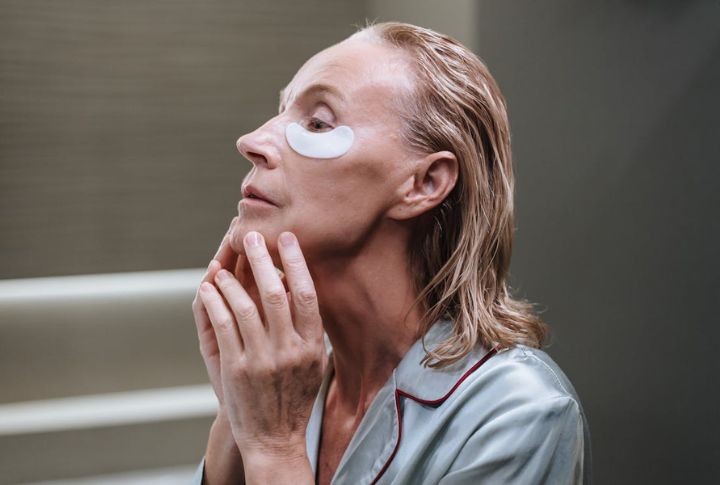
Here’s what happens when you hit 65 and beyond. Oil production slows way down, leaving your skin thirsty for moisture. Hot showers make things worse by stripping away the natural oils that remain. Gentle bathing, followed by moisturizing afterward, helps keep your skin barrier intact and comfortable throughout the day.
Weekly Hair Wash Is Enough
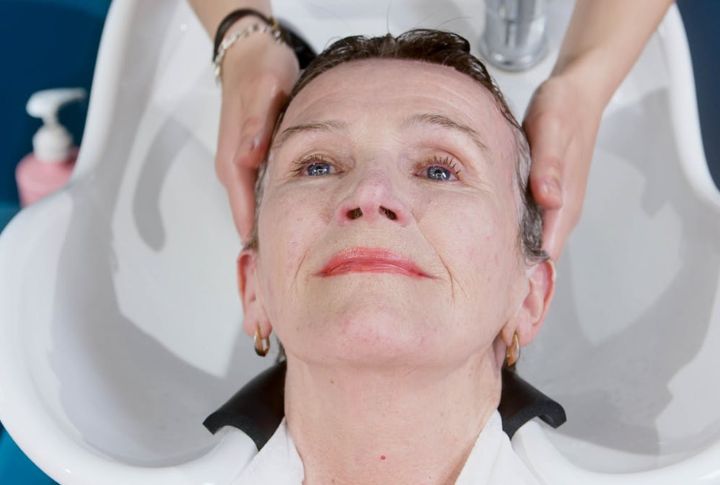
Your hair tells an interesting story as you age because oil production drops significantly. Once weekly shampooing keeps everything clean and healthy-looking for most seniors. Dry shampoo works magic between wash days when you need a quick refresh. Overwashing can actually damage hair and cause unwanted thinning.
Sweat Glands Slow Down

The good news about getting older is that you sweat much less than you used to. Less sweat means fewer funky smells and dirt building up on your body. This natural change lets you safely reduce how often you bathe. Fresh clothes and quick wipes handle everything else between shower days.
Skin Conditions May Require Less

Sensitive skin throws tantrums when you wash it too frequently throughout the week. Lukewarm water paired with mild cleansers prevents irritation much better than hot temperatures. Dermatologists also recommend taking cooler showers for the health of aging skin.
Spot Cleaning Works Well
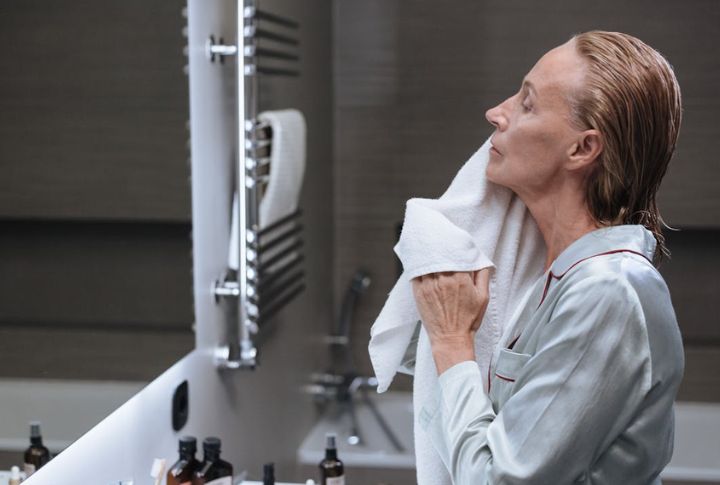
Why wash your whole body when strategic cleaning works better? Focus daily on the underarms and groin areas using washcloths or wipes. This smart approach maintains hygiene without full bathroom sessions. Plus, you avoid slippery floors and reduce fall risks, especially when feeling tired or sick.
Medical Needs Vary The Schedule
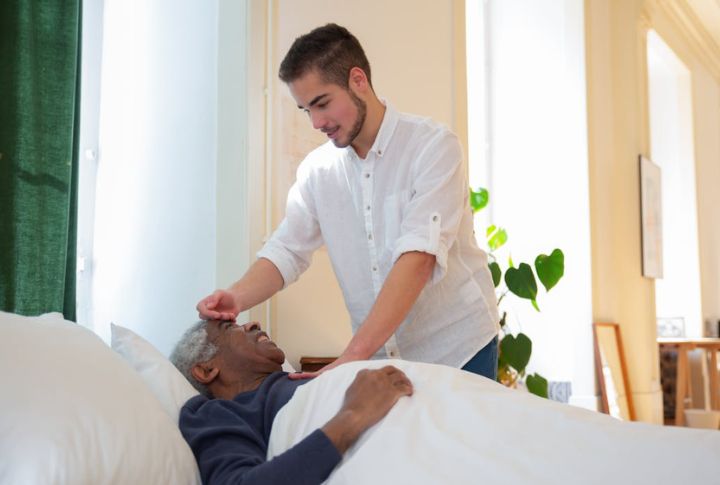
Sometimes, health conditions can completely disrupt your bathing routine. Incontinence may require more frequent washing throughout each day as needed. Bedridden situations call for creative sponge bath solutions instead of traditional showers. Chat with your doctor about what schedule works best for your specific medical situation.
Mobility Affects Safety
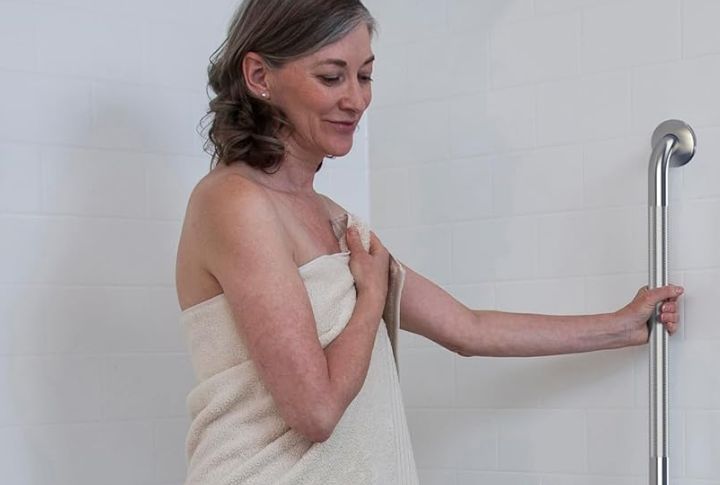
Frequent bathing increases the risk of dangerous falls in wet, slippery bathroom spaces. Grab bars help, but taking fewer showers proves even safer overall. Assisted bathing should follow schedules that prioritize safety over meeting daily cleanliness standards that make no sense at this age.
Use Mild, Fragrance-Free Products
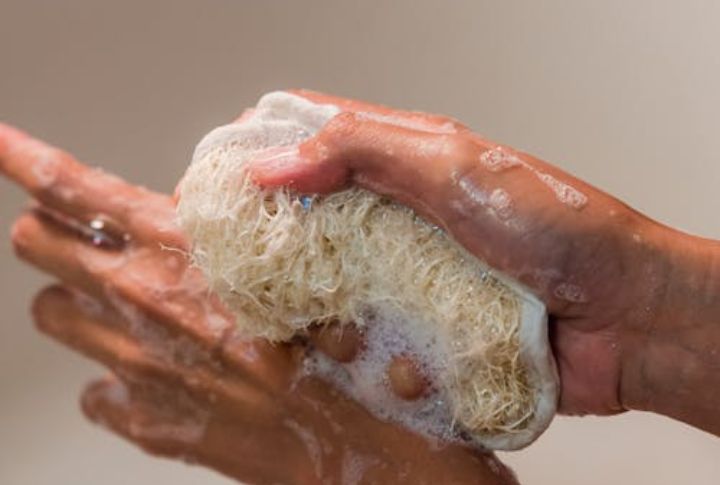
As skin matures, it responds differently to ingredients. Fragrances and strong soaps that once felt harmless can now lead to irritation. Gentle body washes made with ceramides or glycerin help maintain moisture, offering comfort with fewer washes and a more balanced routine.
Sponge Baths Are Underrated
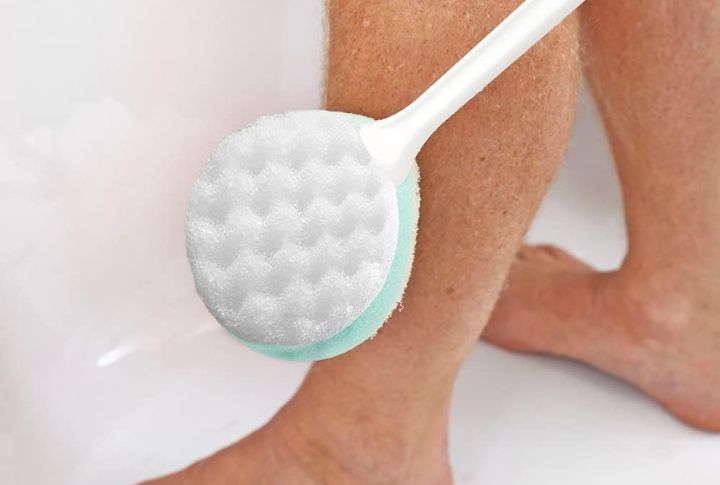
When bathing feels like a chore, sponge baths offer a practical solution. Done from a chair or bedside, they help maintain hygiene without the stress of standing or managing water flow. It’s a calm, controlled way to feel clean and cared for.
Seasonal Adjustments Help

Your skin changes with the seasons. Winter often benefits from gentle, less frequent washing to avoid dryness. Summer brings more sweat, which can lead to more frequent rinsing. Adjust your approach as the weather shifts, and your skin will thank you.

